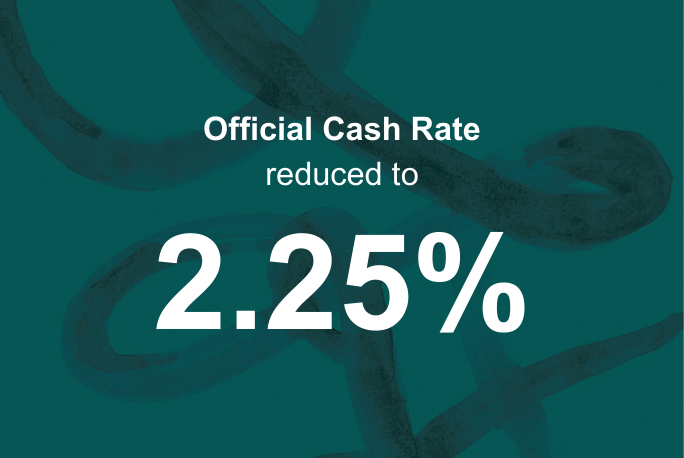

When you fix your mortgage, you lock in an interest rate for a set term, while the bank secures funding in the wholesale market. The difference between what the bank pays for funding and your rate, is how they make their profit.
If interest rates drop during your fixed term, you might consider breaking your mortgage early, for these lower rates. However, breaking a fixed mortgage comes with a break cost, which compensates the bank for their potential loss due to this change.
How break cost works:
The bank calculates the break cost based on:
Before breaking your mortgage, compare the break cost with the savings from a lower interest rate.
What you will need to consider:
Because break costs can vary, it’s best to consult a financial adviser or your bank to determine if breaking your mortgage will be beneficial to you.
Final Thoughts
Breaking a mortgage can save you money if the interest savings outweigh the break cost. We can help you run the numbers, review your financials holistically and give you a personalised plan that’s tailored to your situation and needs.
Fill out the form below and one of our Home Loan experts will call you within 24 hours.
"*" indicates required fields